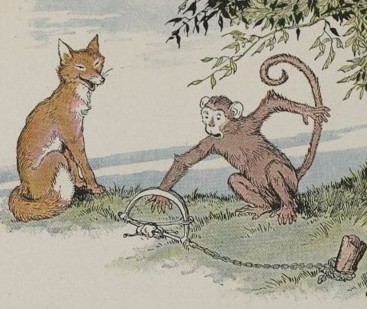| 1. upbeat 陽気な | |
| 2. relaxing くつろがせる、リラックスさせる | |
| 3. energetic エネルギッシュな |

What kind of music do you like, Emma?
|
|
I like listening to slow jazz because it’s calm and relaxing.
How about you, Ron?
|

I like hip-hop and dance music. I like listening to upbeat and energetic songs. My older sister likes them a lot too.
|
|
I don’t usually listen to upbeat and energetic songs. But my
older sister likes them a lot. I think you have the same taste in music.
|

My favorite music is hip-hop and dance music, but I appreciate all kinds of music.
|
|
That’s nice. I agree with you. We should respect everybody’s preferences.
|

What ________________________, Emma?
|
|
I like listening to slow jazz because it’s ___________________.
How about you, Ron?
|

I like hip-hop and dance music. I like ________________________
songs. My older sister likes them a lot too. |
|
I don’t usually listen to upbeat and energetic songs. But my
older sister likes them a lot. I think you have the same taste in music.
|

My favorite music is hip-hop and dance music, but I appreciate all kinds of music.
|
|
That’s nice. I agree with you. We should respect everybody’s preferences.
|
| 1. | A: What kind of music do you like? B: ____________________ melodious and calming classical music. |
| 2. | A: _________________________? B: I like listening to all kinds of music, but rock is my favorite. It’s loud, lively, and energetic. |
| 3. | A: Do you listen to classical music? B: No, ____________________________. I find it boring. |
| 4. | A: ________________________________? B: Yes. I like listening to rap music with deep lyrics. |
| 5. | A: What kind of music do you listen to? B: ___________________ classical music. I like it because it is relaxing. |
| 6. | A: ___________________________? B: I like listening to upbeat music. |
| Grammar 文法 |
Pronunciation 発音 | Vocabulary 単語 |
Comprehension 理解 |
|
|---|---|---|---|---|
 GOOD GOOD |
文法の誤りはほとんどなく、完全な文章で話すことができる | ほとんどの単語をはっきりと正しく発音することができる | 習った表現を適切に使うことができる | 文章を理解し、質問に正しく答えることができる |
 FAIR |
文法の誤りはあるが、完全な文章で話すことができる | 発音の練習が必要な言葉がいくつかある | たまにミスはあるが、習った表現を適切に使うことができる | 文章を完全に理解するのは難しく、質問に正しく答えられないときもある |
 POOR |
文章で話すのは難しく、単語だけで話すことができる | 発音の練習が必要である | 習った単語と表現を少しだけ使うことができる | 文章を理解するのは難しく、質問に答えるのは難しい |




